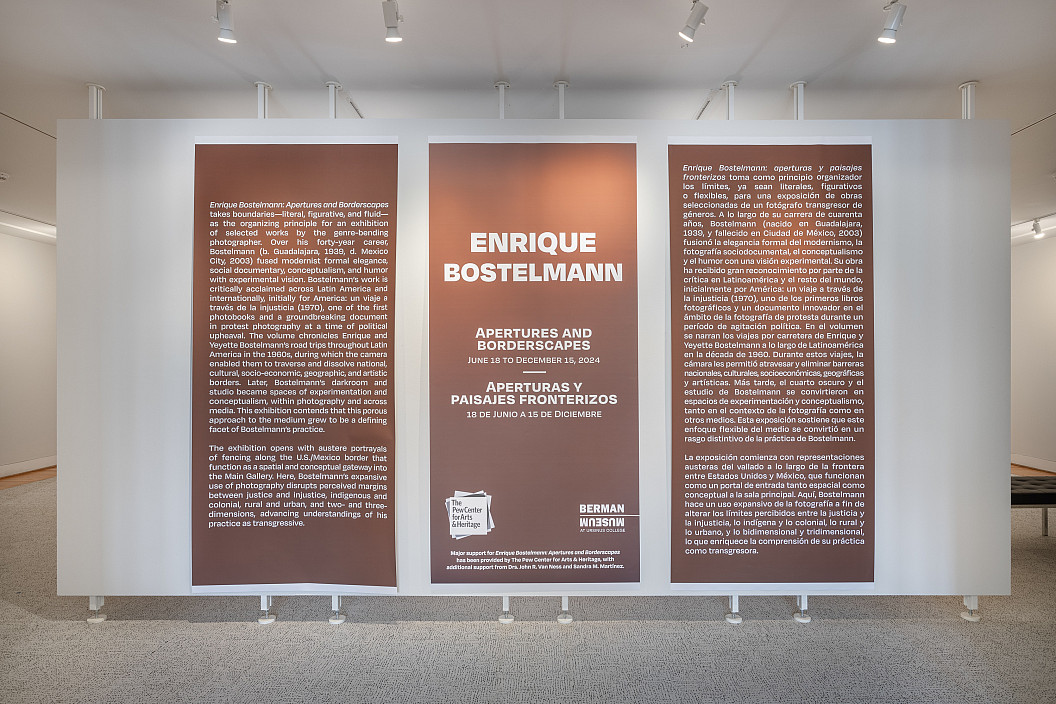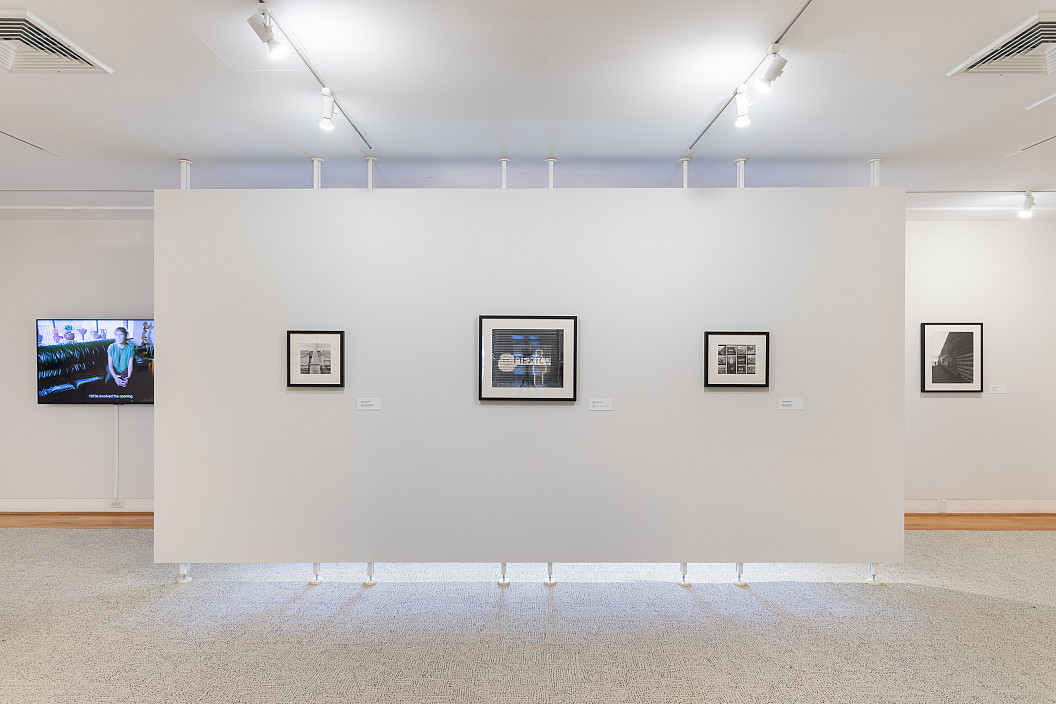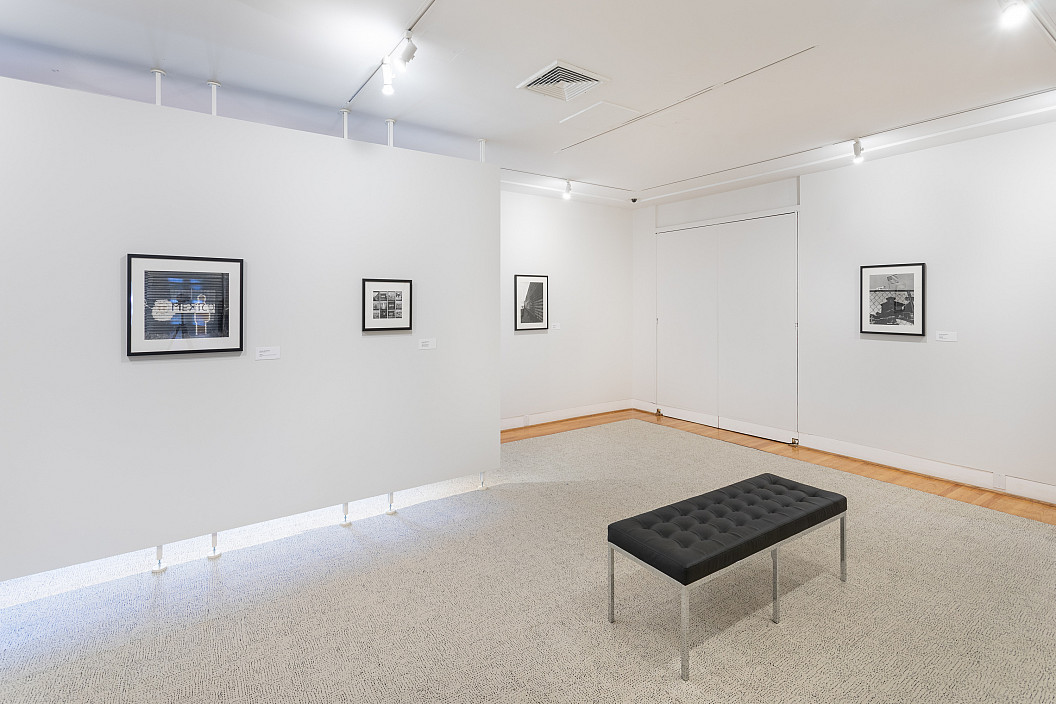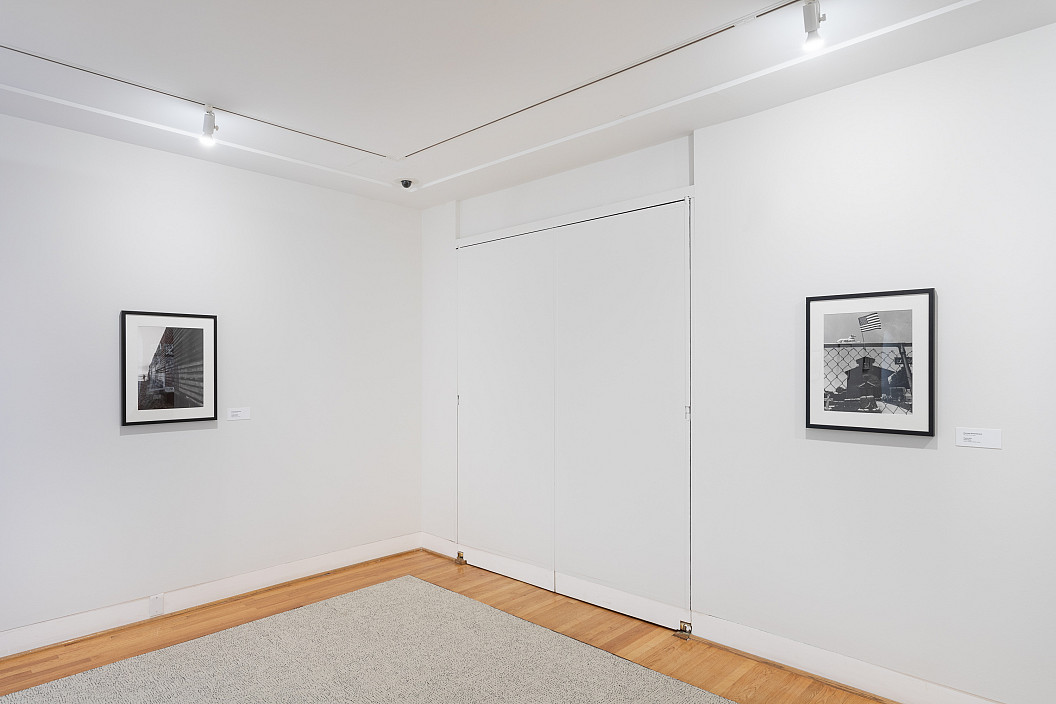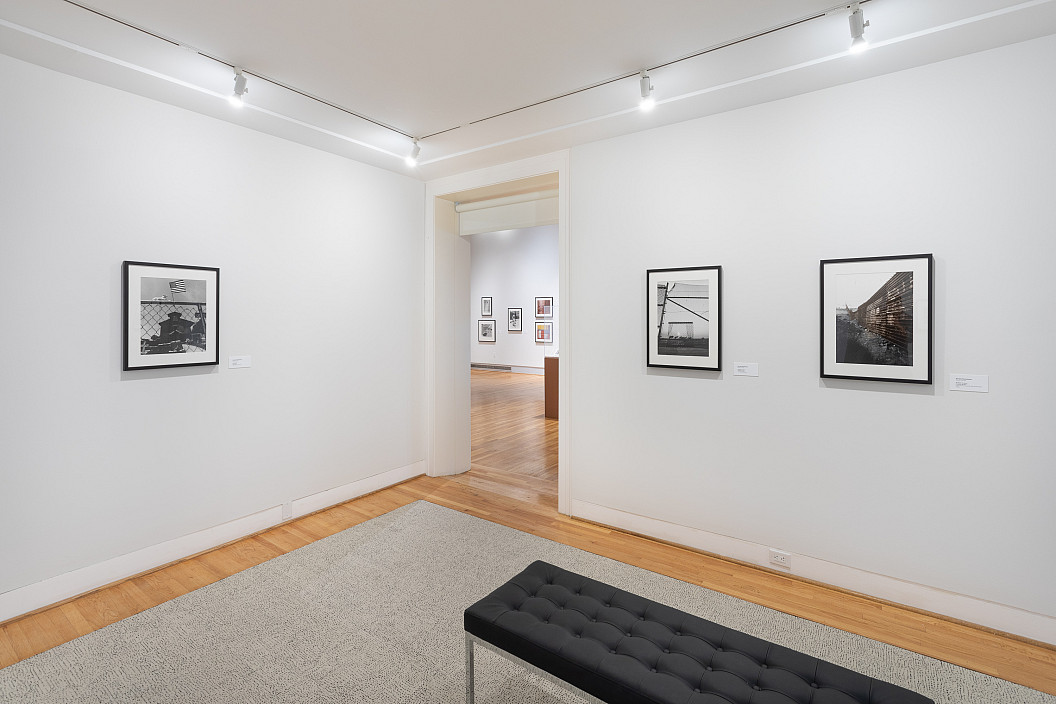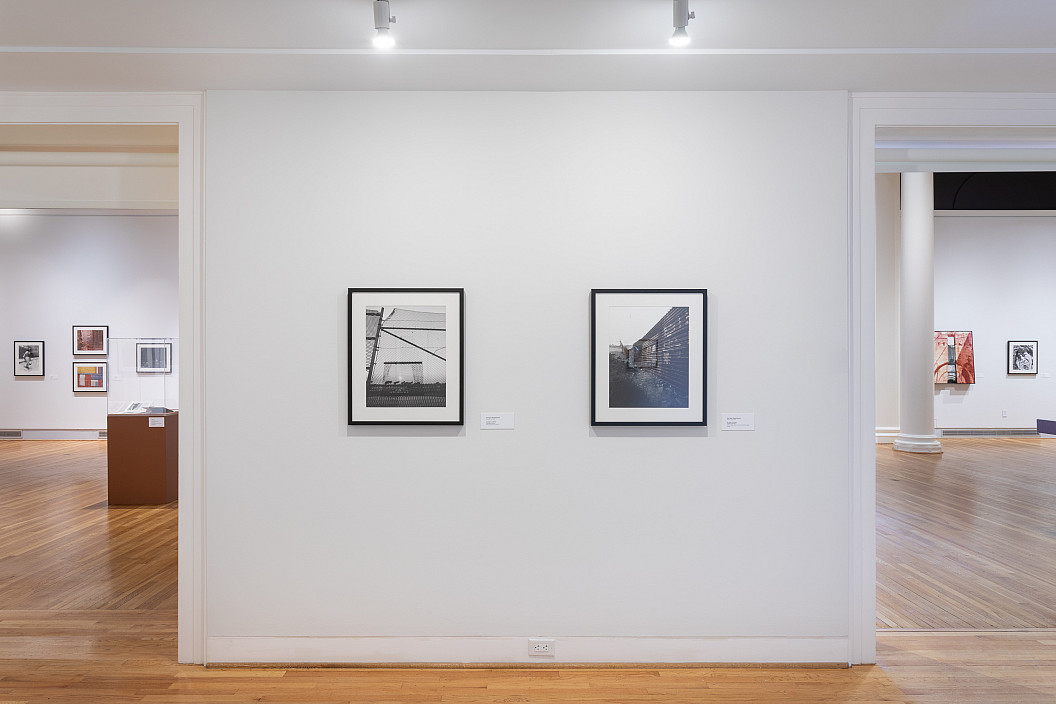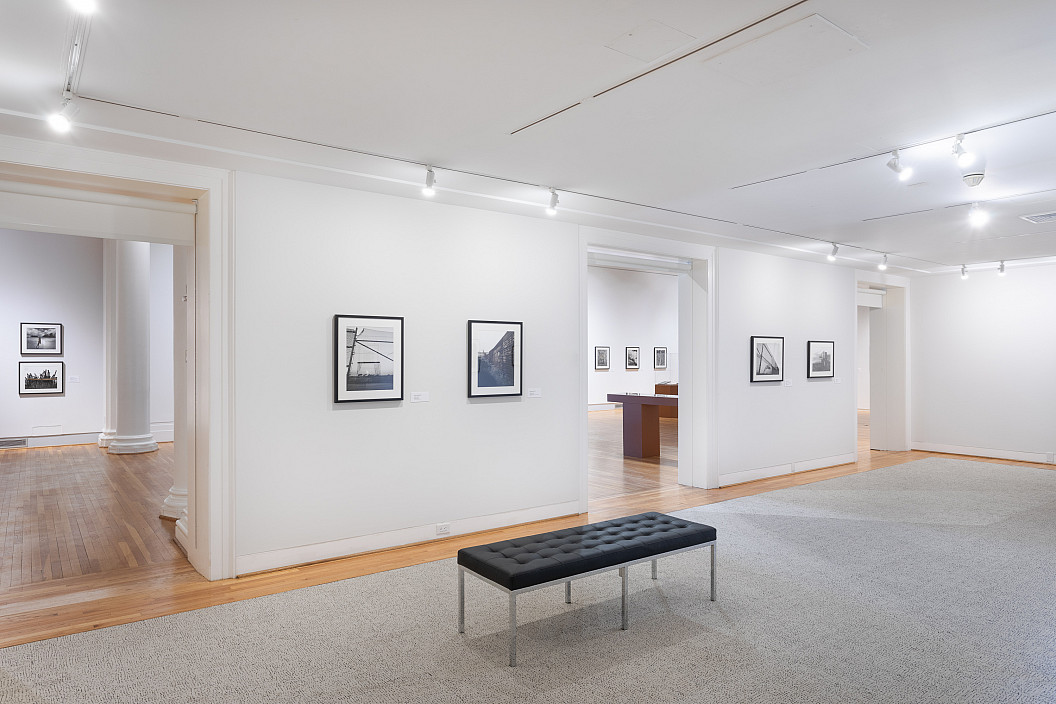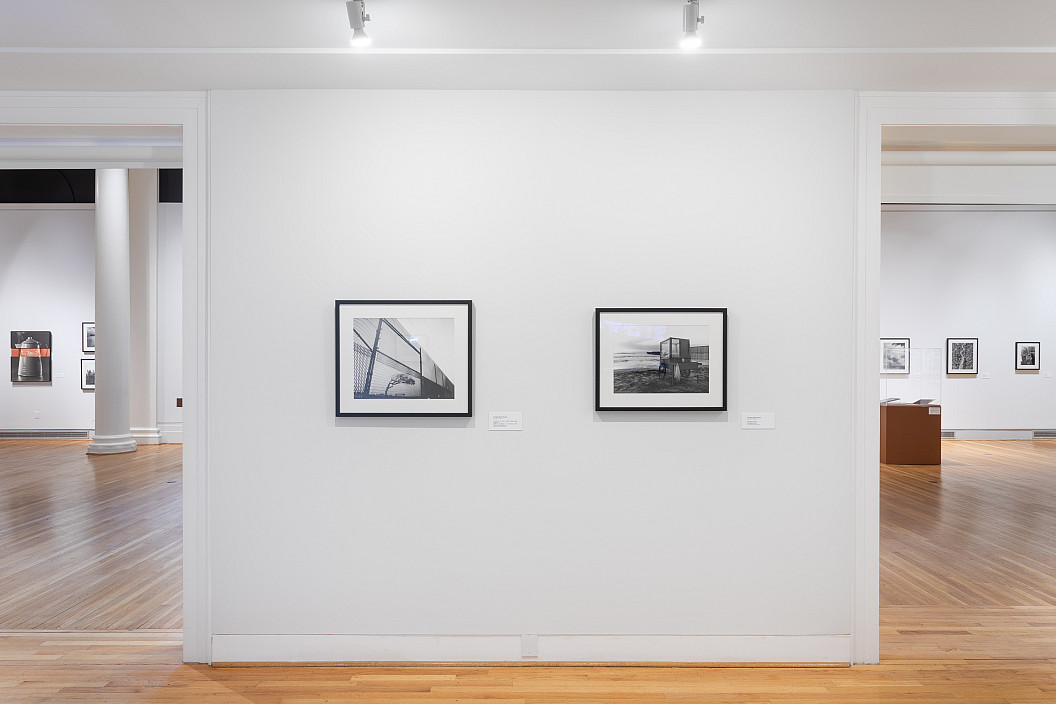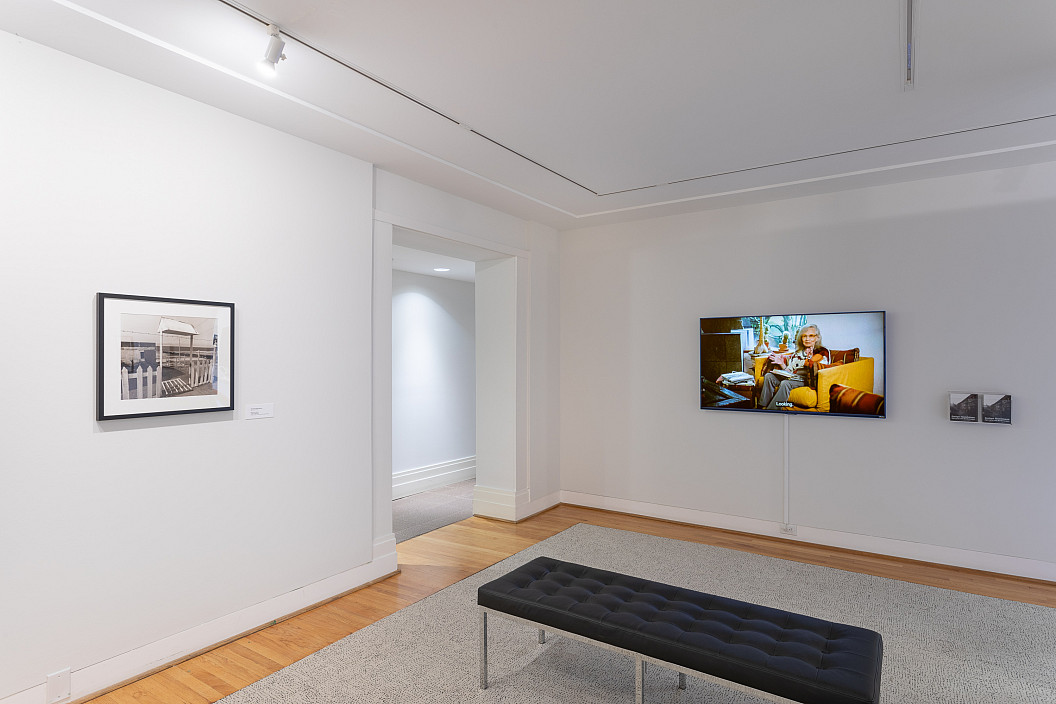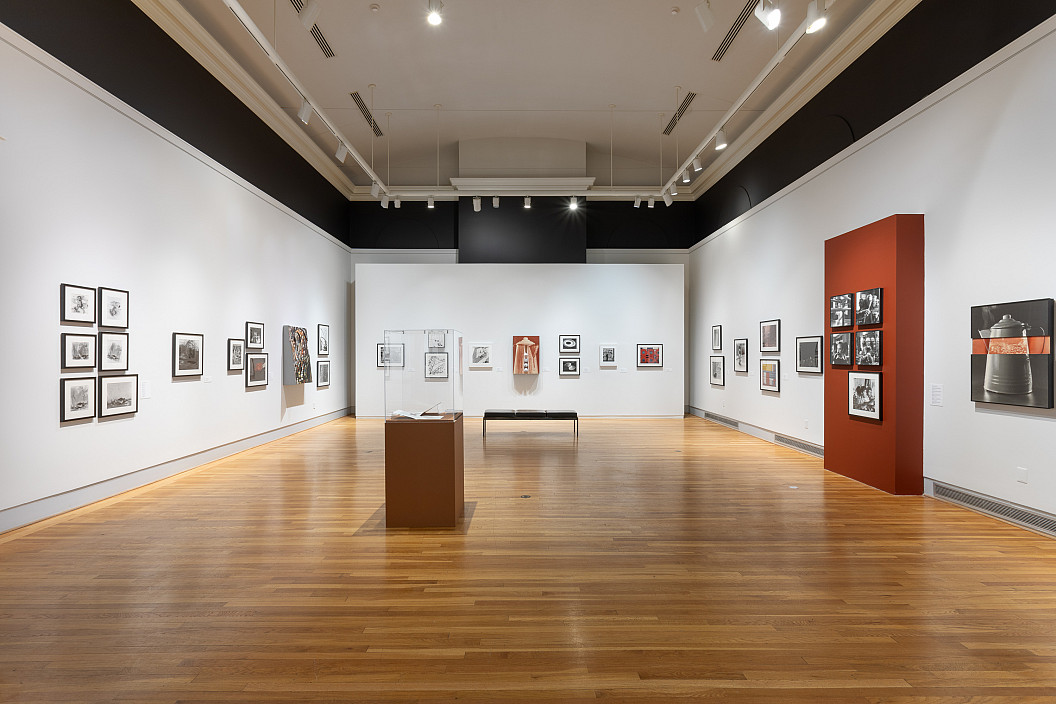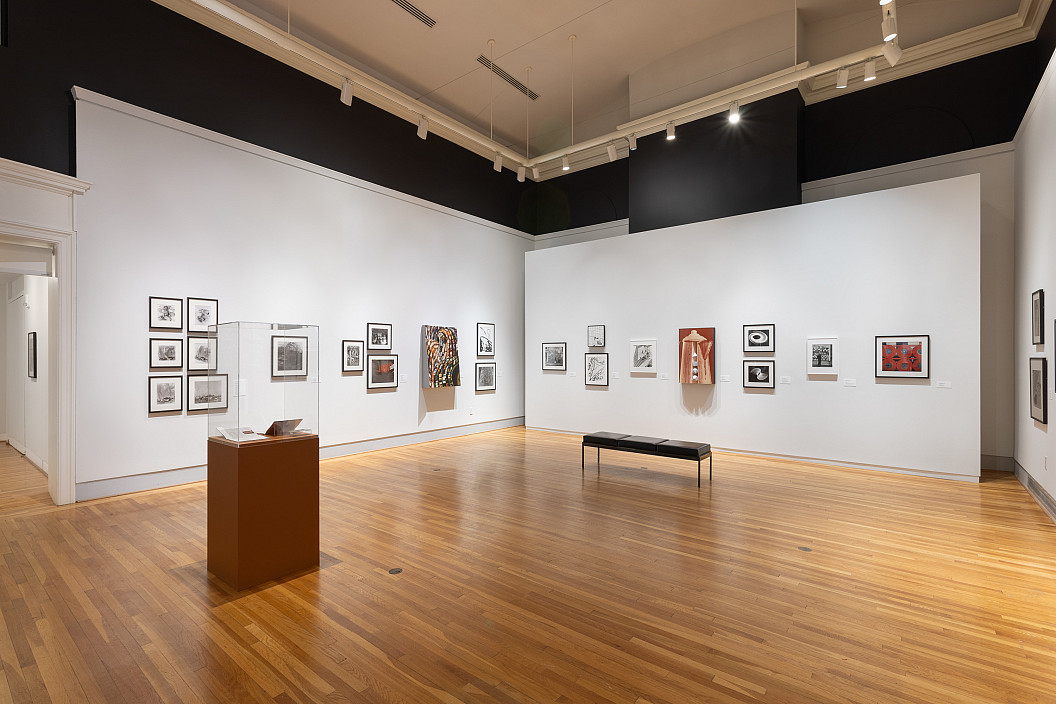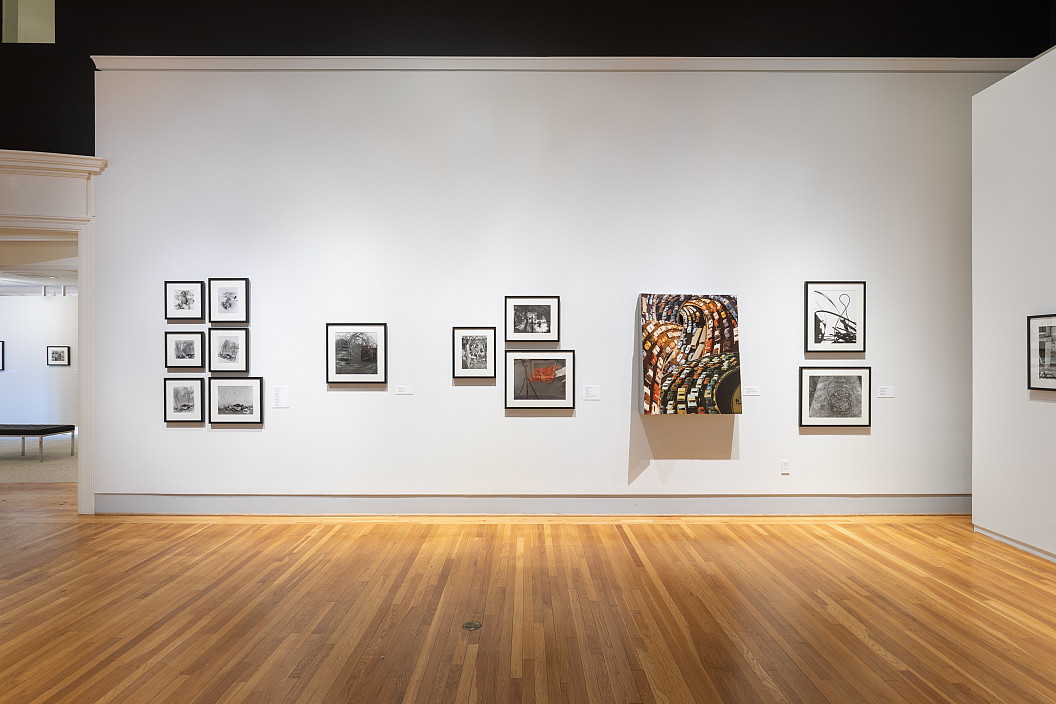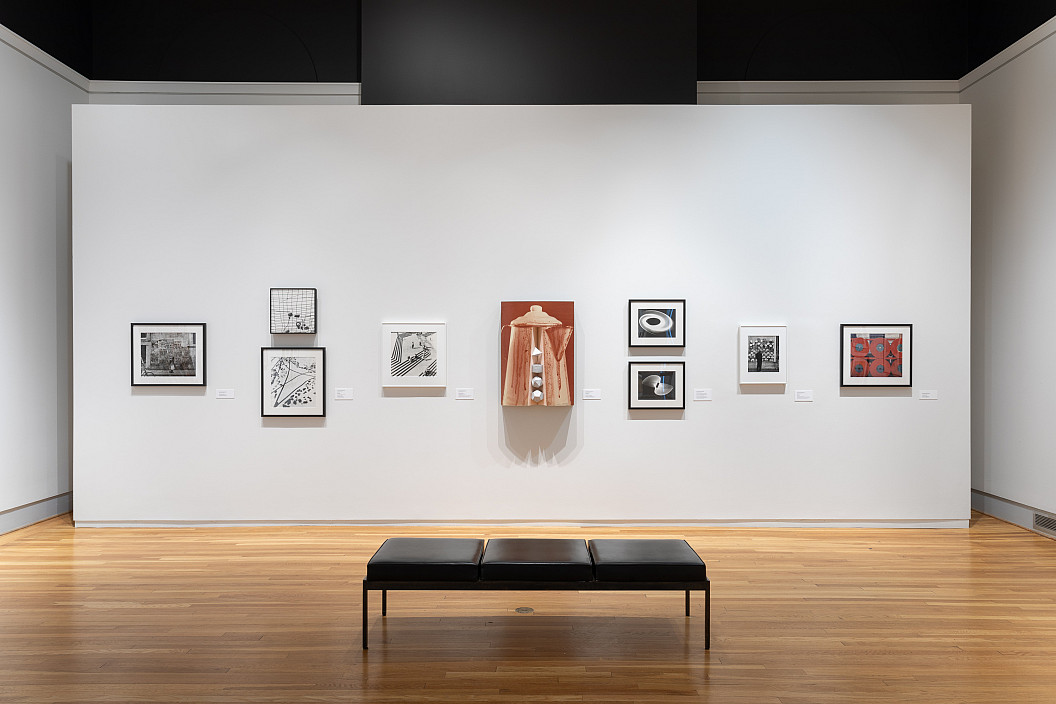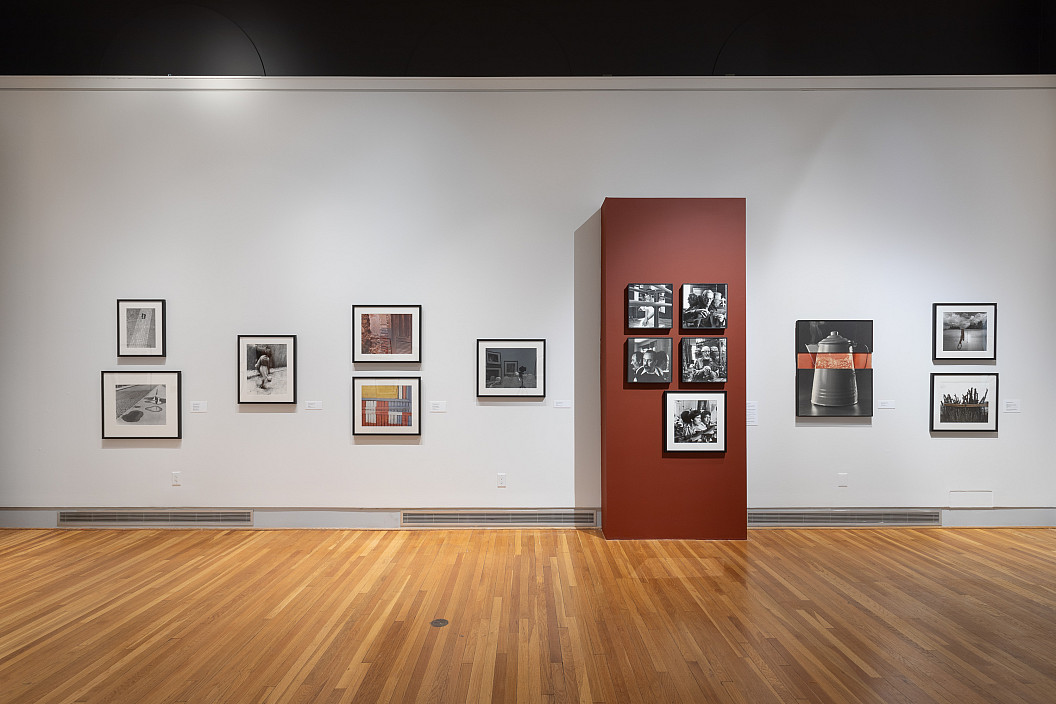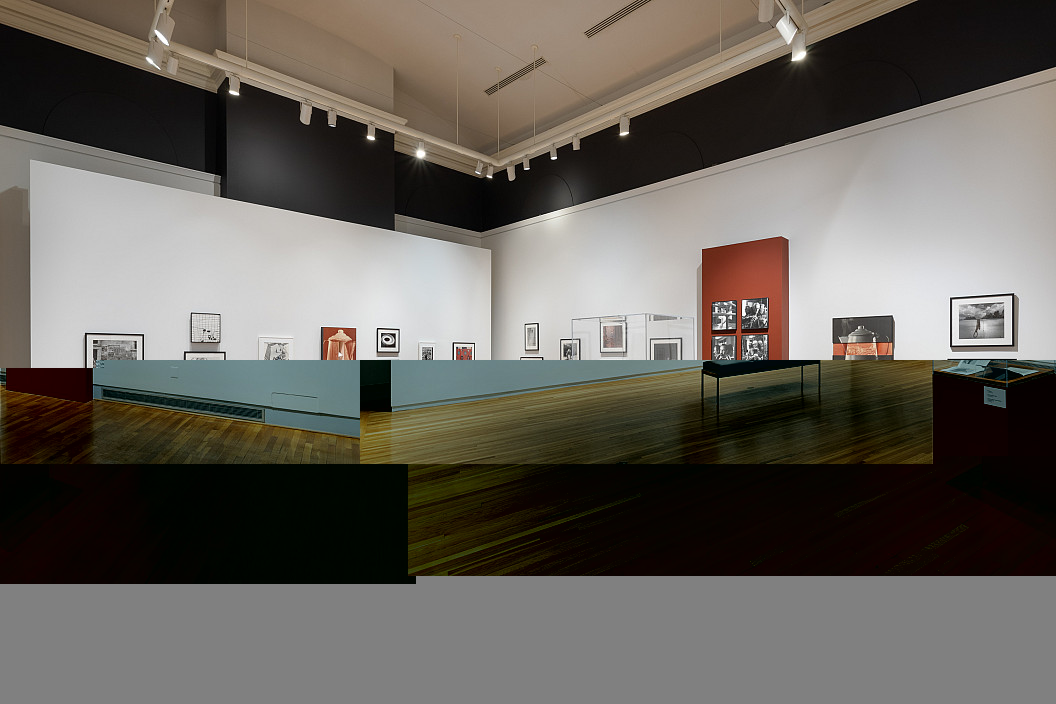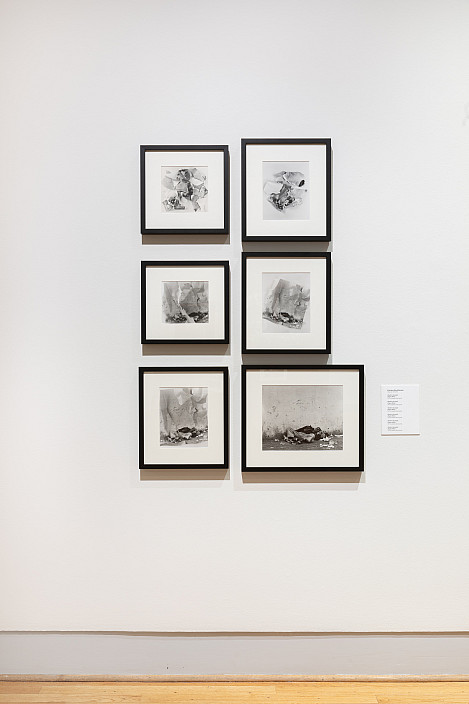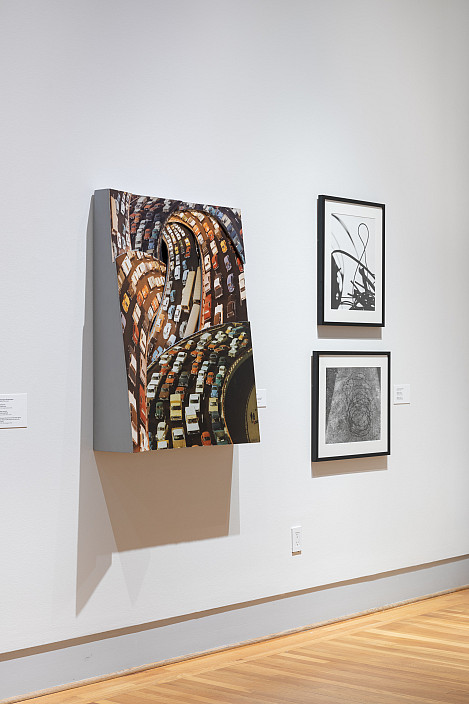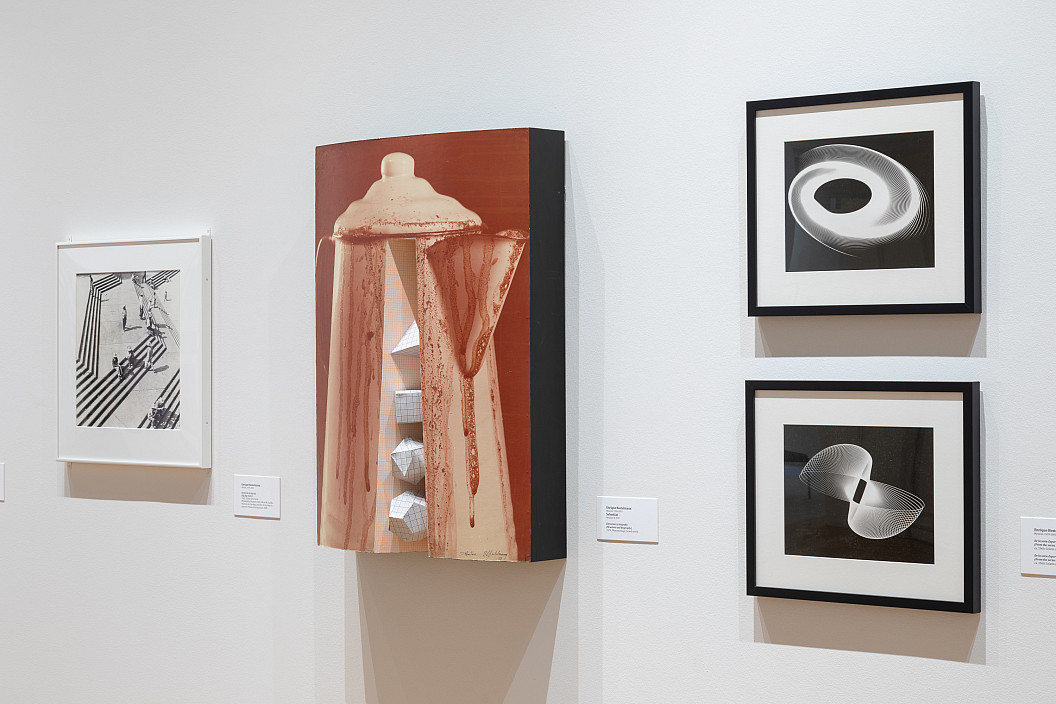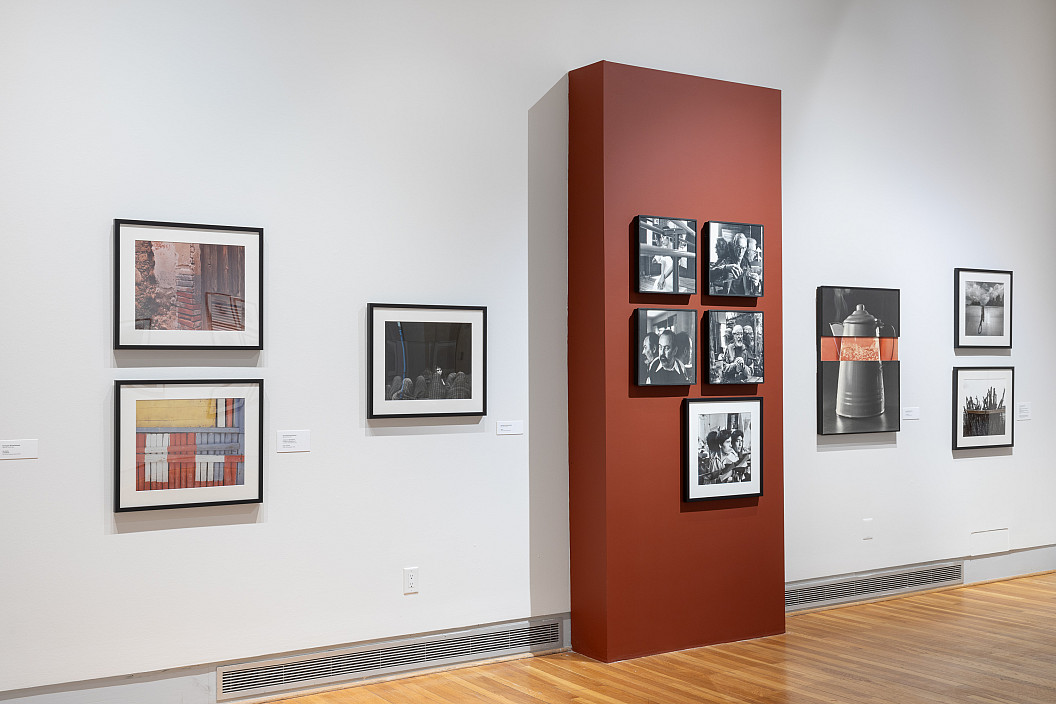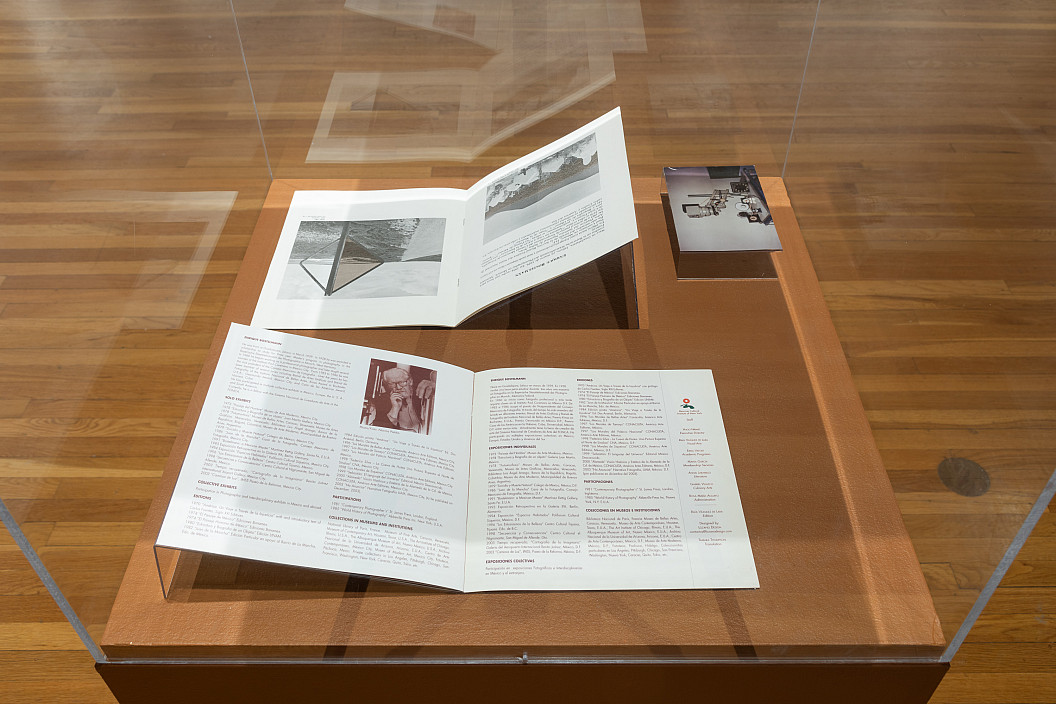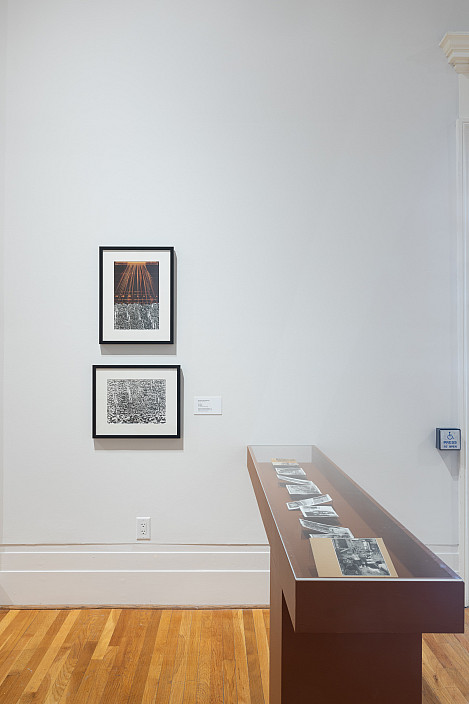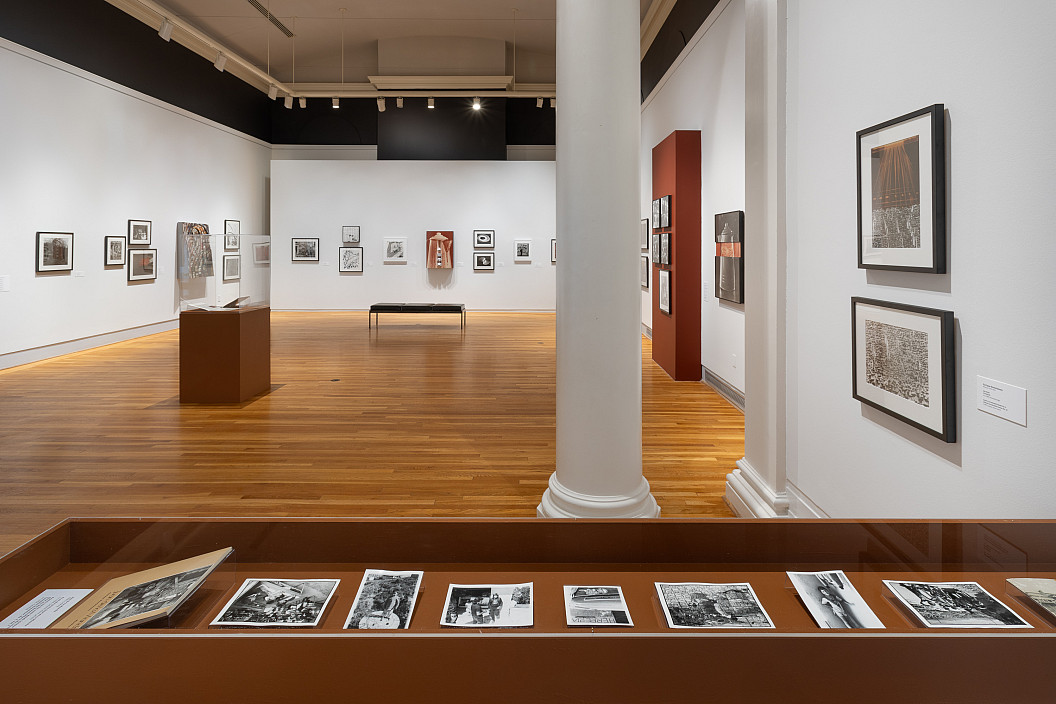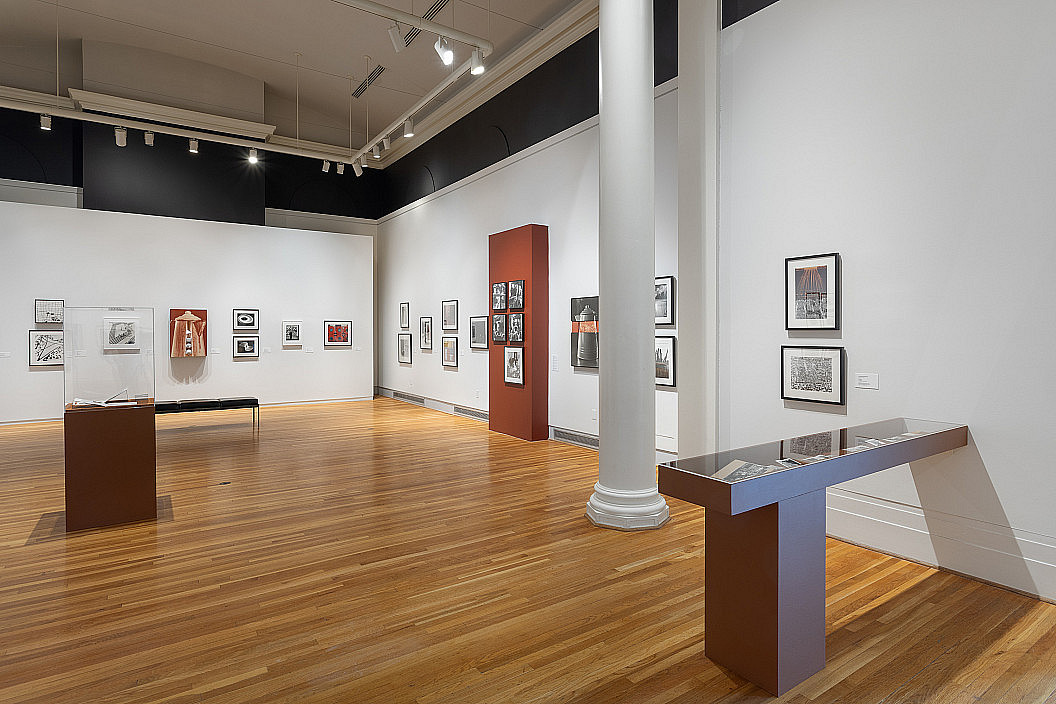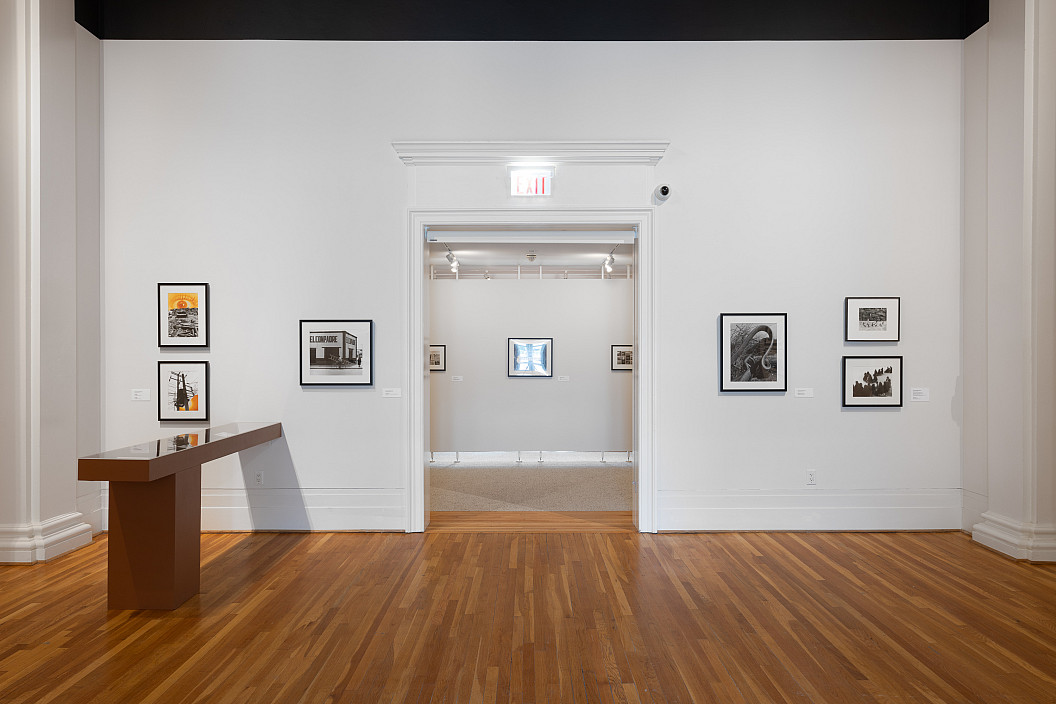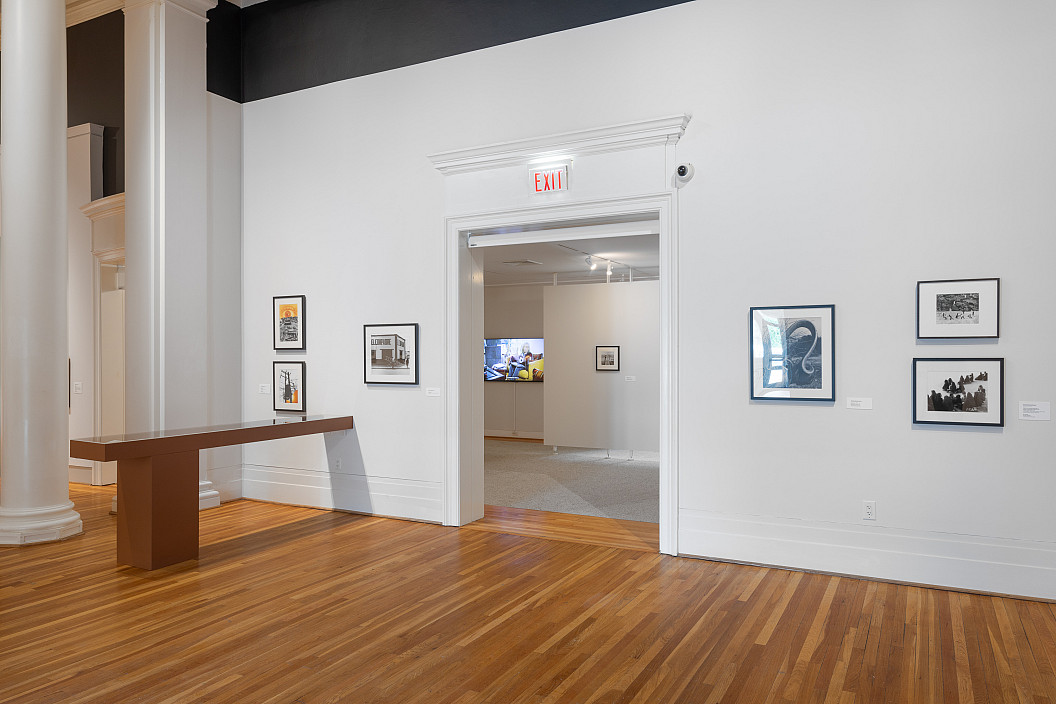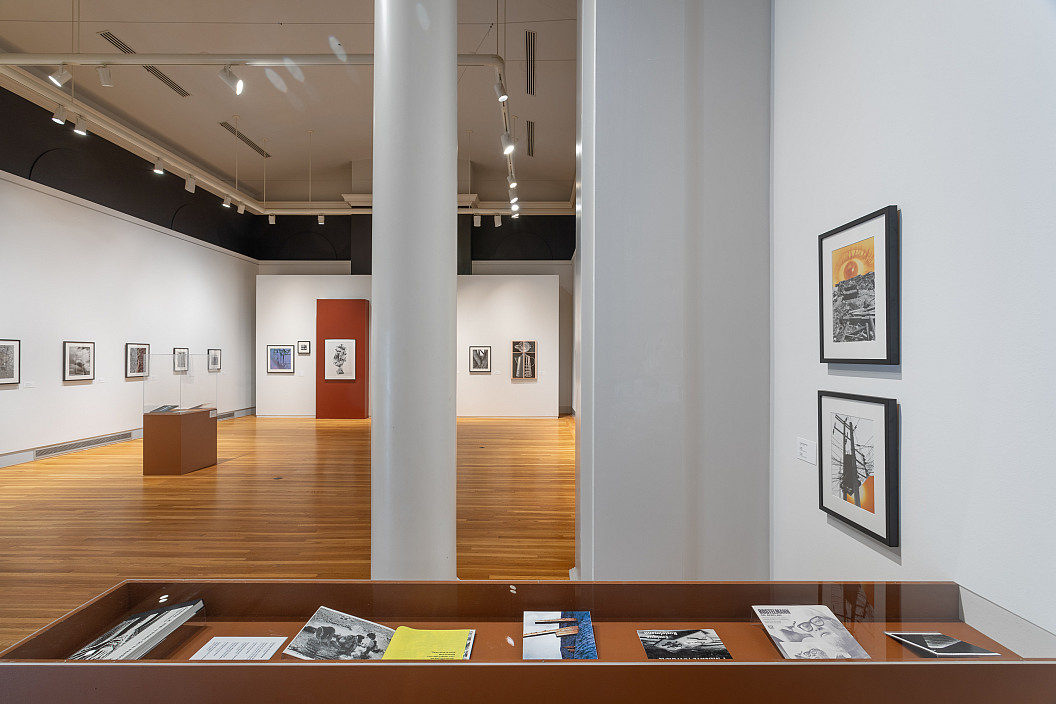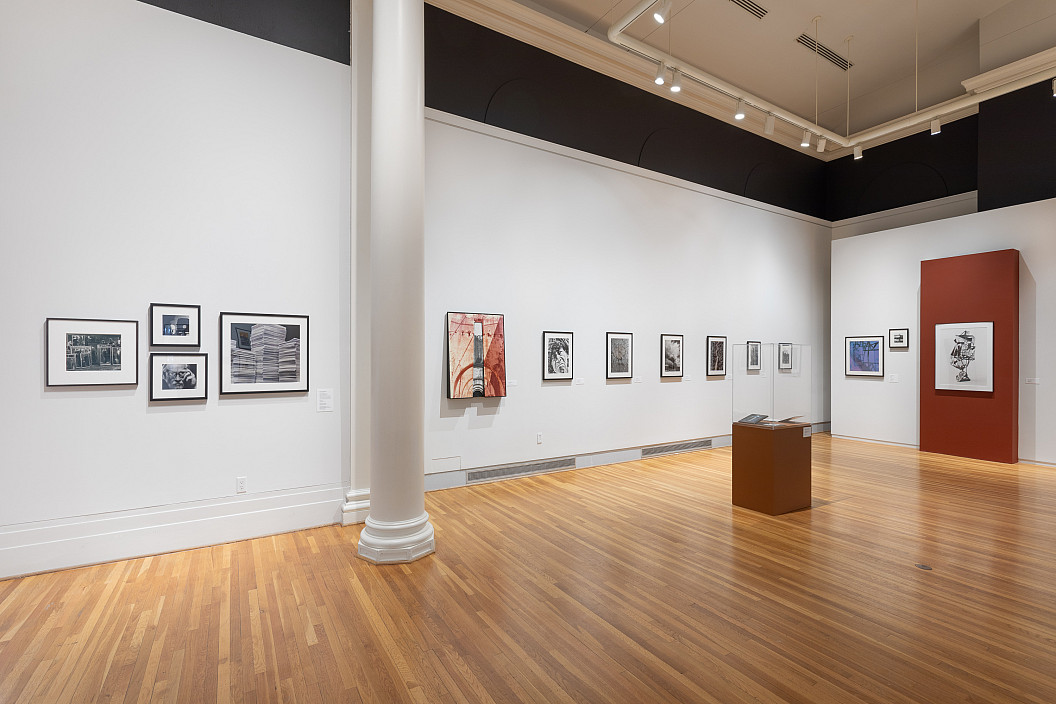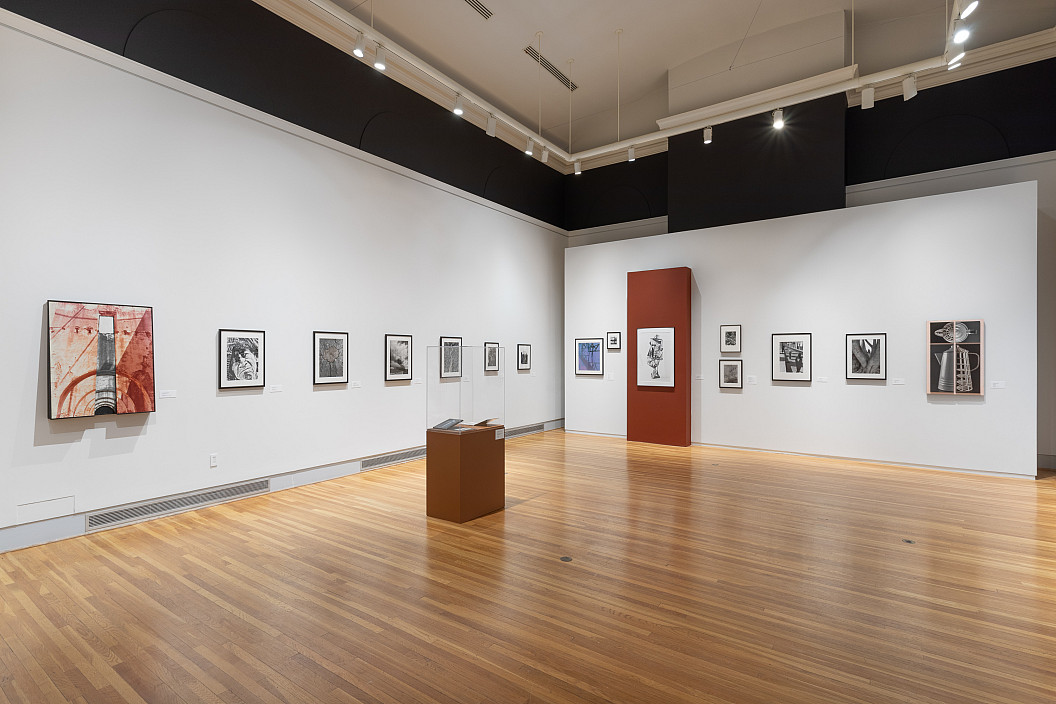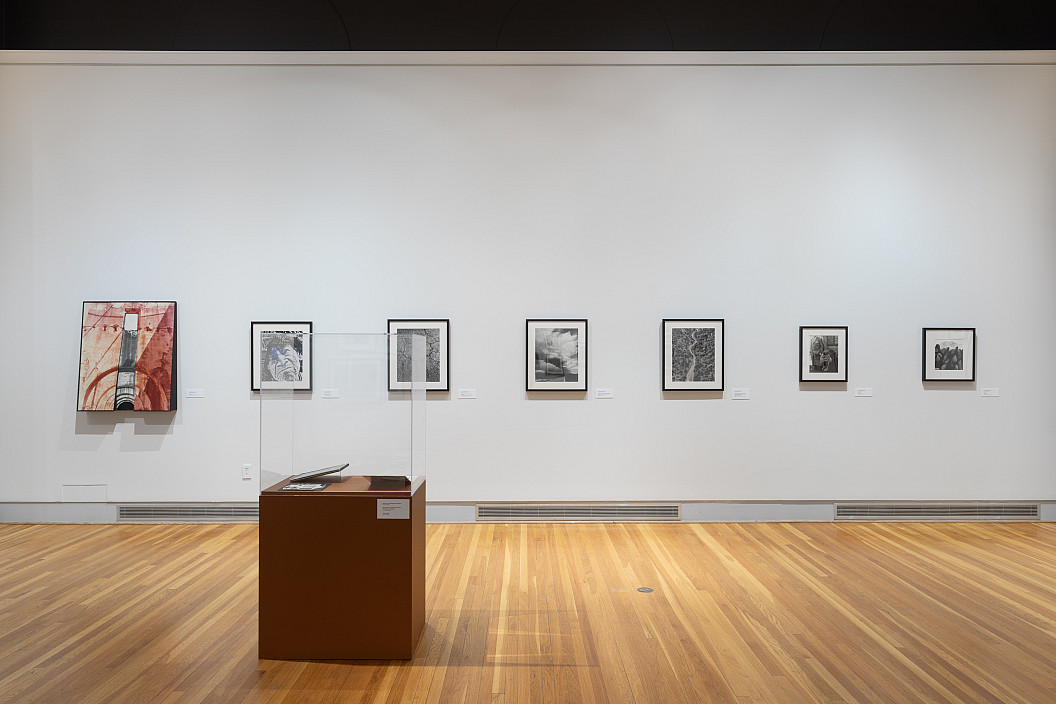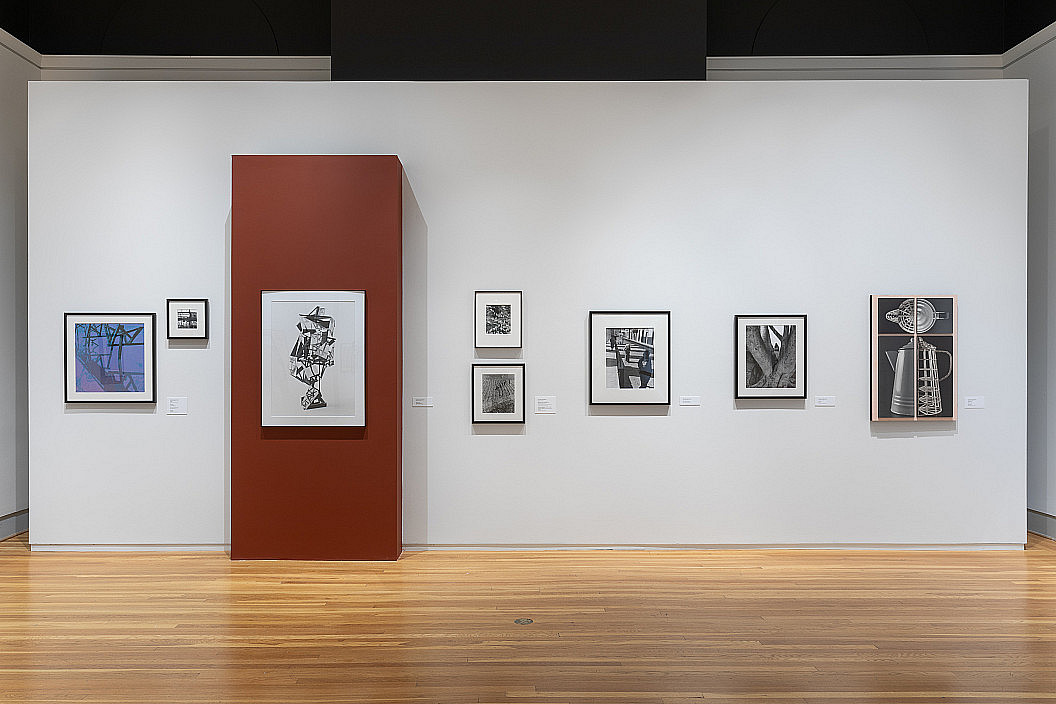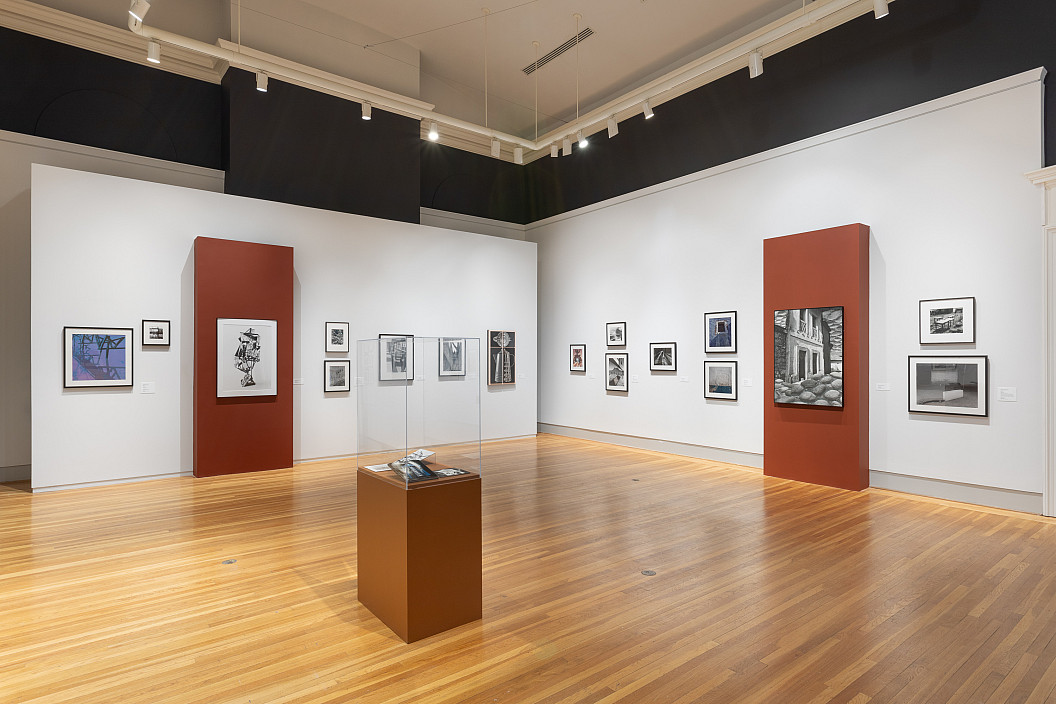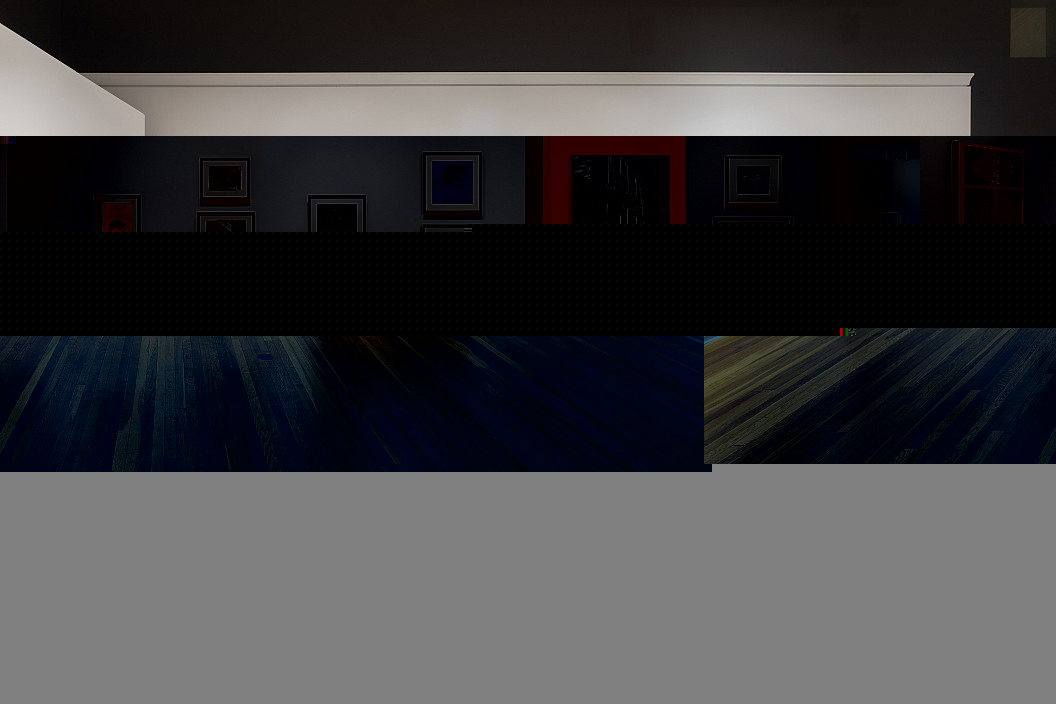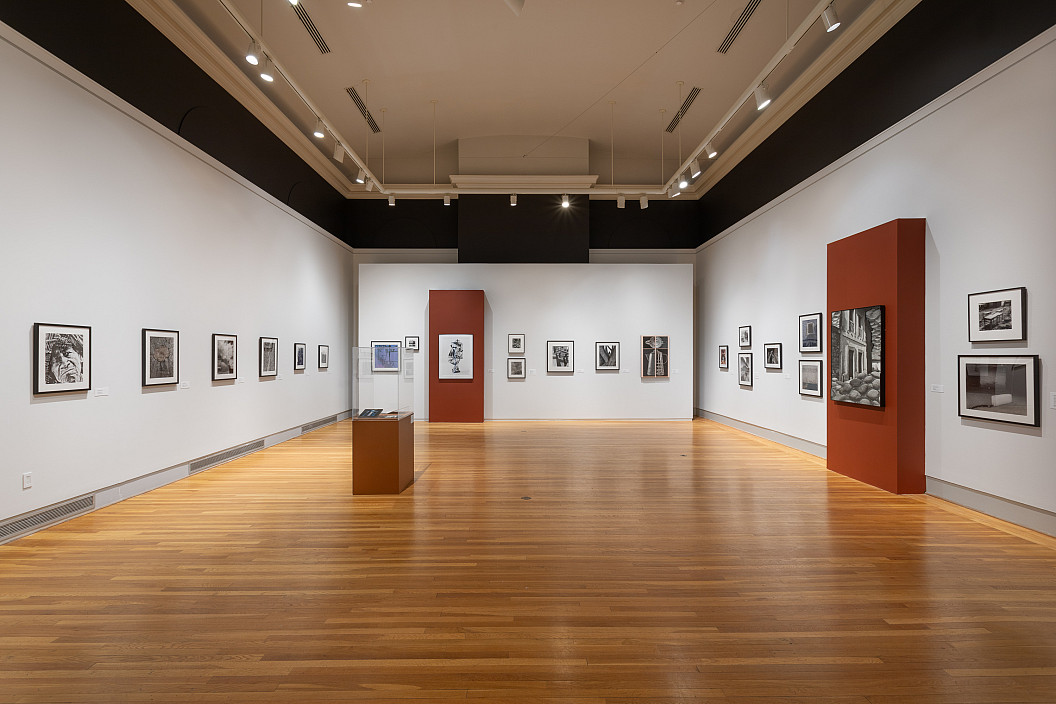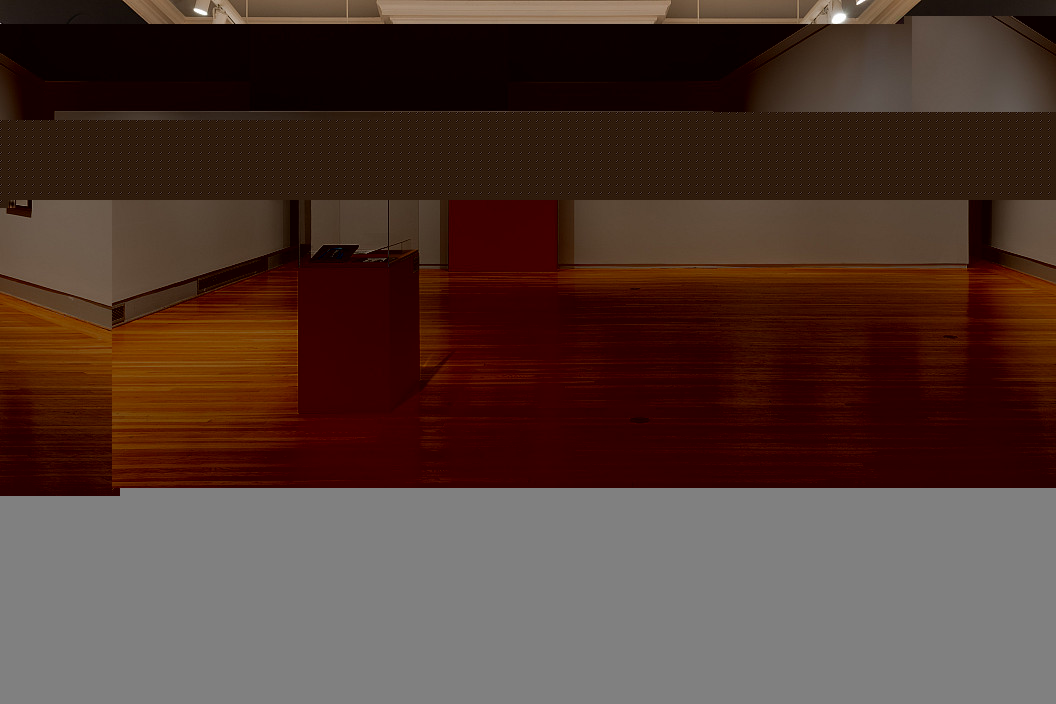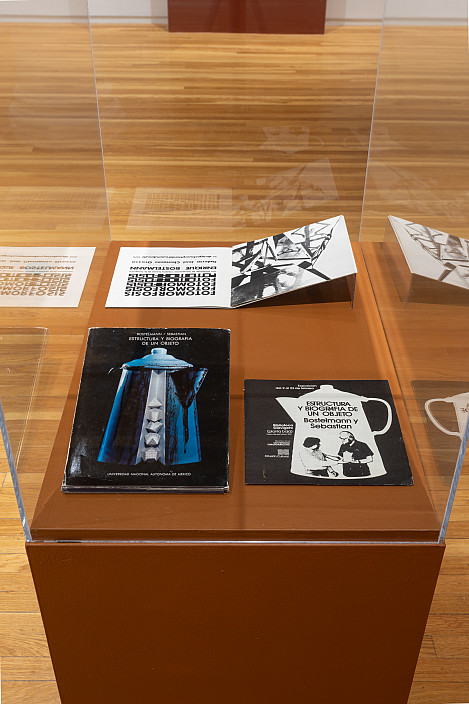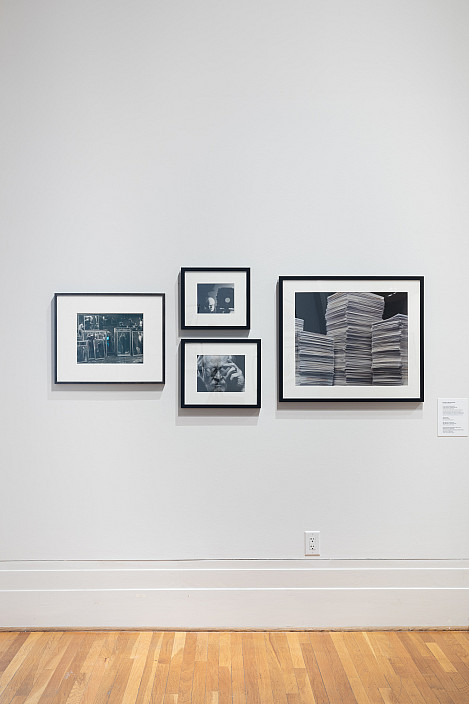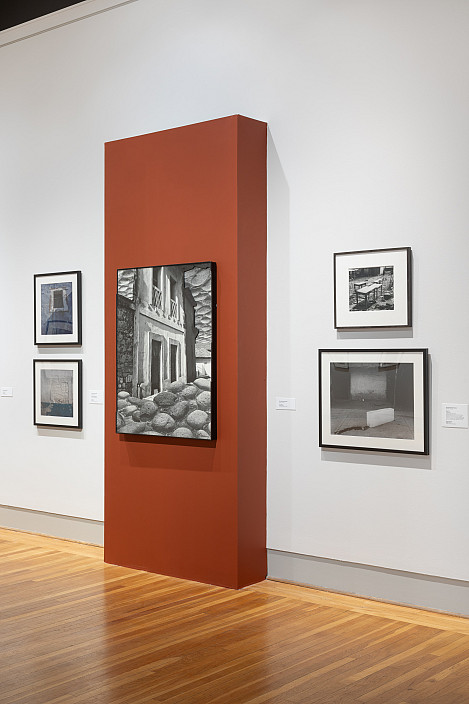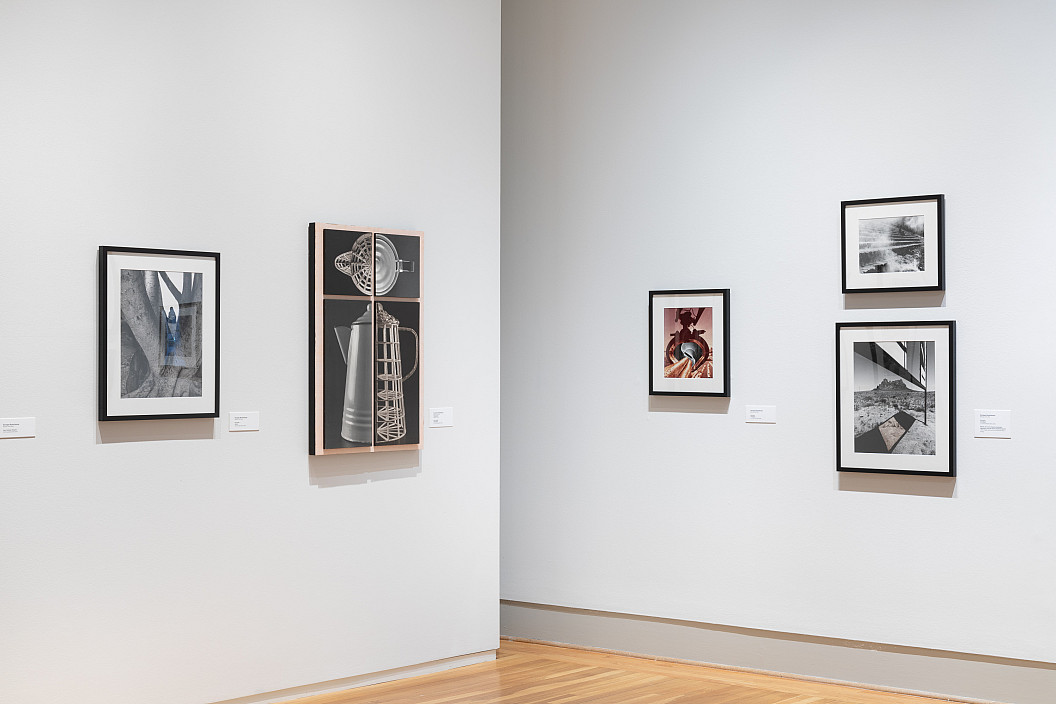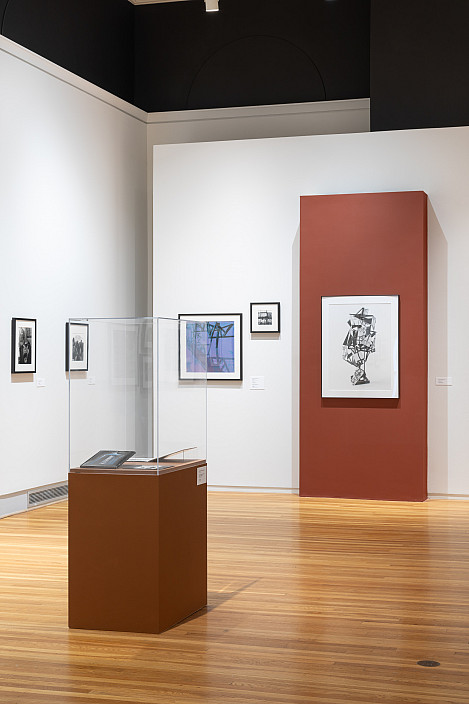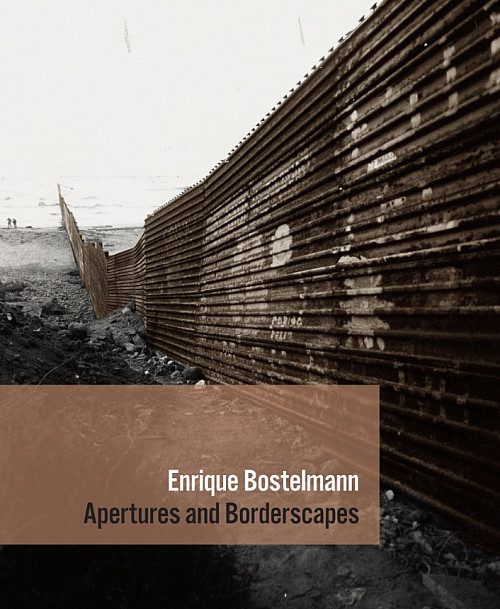Enrique Bostelmann
Apertures and Borderscapes
Enrique Bostelmann: Apertures and Borderscapes takes boundaries—literal, figurative, and fluid—as the organizing principle for an exhibition of selected works by the genre-bending photographer. Over his forty-year career, Bostelmann (b. Guadalajara, 1939, d. Mexico City, 2003) fused modernist formal elegance, social documentary, conceptualism, and humor with experimental vision. Bostelmann’s work is critically acclaimed across Latin America and internationally, initially for América: un viaje a través de la injusticia (1970), one of the first photobooks and a groundbreaking document in protest photography at a time of political upheaval. The volume chronicles Enrique and Yeyette Bostelmann’s road trips throughout Latin America in the 1960s, during which the camera enabled them to traverse and dissolve national, cultural, socio-economic, geographic, and artistic borders. Later, Bostelmann’s darkroom and studio became spaces of experimentation and conceptualism, within photography and across media. This exhibition contends that this porous approach to the medium grew to be a defining facet of Bostelmann’s practice.
The exhibition opens with austere portrayals of fencing along the U.S./Mexico border that function as a spatial and conceptual gateway into the Main Gallery. Here, Bostelmann’s expansive use of photography disrupts perceived margins between justice and injustice, indigenous and colonial, rural and urban, and two- and three-dimensions, advancing understandings of his practice as transgressive.
For all of Bostelmann’s boundary crossings, his work remains largely unknown to U.S. audiences. This will be the first solo exhibition of the artist’s work since 2015 (Universidad Nacional Autónoma de México), and the most comprehensive to be shown in the U.S. to date.
Apertures and Borderscapes will unite diverse works by the artist with newly recorded interviews with his family members and artistic collaborators. This material will be used to create a bilingual documentary film and will be transcribed and included in a bilingual publication accompanying the exhibition.
Enrique Bostelmann: aperturas y paisajes fronterizos toma como principio organizador los límites, ya sean literales, figurativos o flexibles, para una exposición de obras seleccionadas de un fotógrafo transgresor de géneros. A lo largo de su carrera de cuarenta años, Bostelmann (nacido en Guadalajara, 1939, y fallecido en Ciudad de México, 2003) fusionó la elegancia formal del modernismo, la fotografía sociodocumental, el conceptualismo y el humor con una visión experimental. Su obra ha recibido gran reconocimiento por parte de la crítica en Latinoamérica y el resto del mundo, inicialmente por América: un viaje a través de la injusticia (1970), uno de los primeros libros fotográficos y un documento innovador en el ámbito de la fotografía de protesta durante un período de agitación política. En el volumen se narran los viajes por carretera de Enrique y Yeyette Bostelmann a lo largo de Latinoamérica en la década de 1960. Durante estos viajes, la cámara les permitió atravesar y eliminar barreras nacionales, culturales, socioeconómicas, geográficas y artísticas. Más tarde, el cuarto oscuro y el estudio de Bostelmann se convirtieron en espacios de experimentación y conceptualismo, tanto en el contexto de la fotografía como en otros medios. Esta exposición sostiene que este enfoque flexible del medio se convirtió en un rasgo distintivo de la práctica de Bostelmann.
La exposición comienza con representaciones austeras del vallado a lo largo de la frontera entre Estados Unidos y México, que funcionan como un portal de entrada tanto espacial como conceptual a la sala principal. Aquí, Bostelmann hace un uso expansivo de la fotografía a fin de alterar los límites percibidos entre la justicia y la injusticia, lo indígena y lo colonial, lo rural y lo urbano, y lo bidimensional y tridimensional, lo que enriquece la comprensión de su práctica como transgresora.


